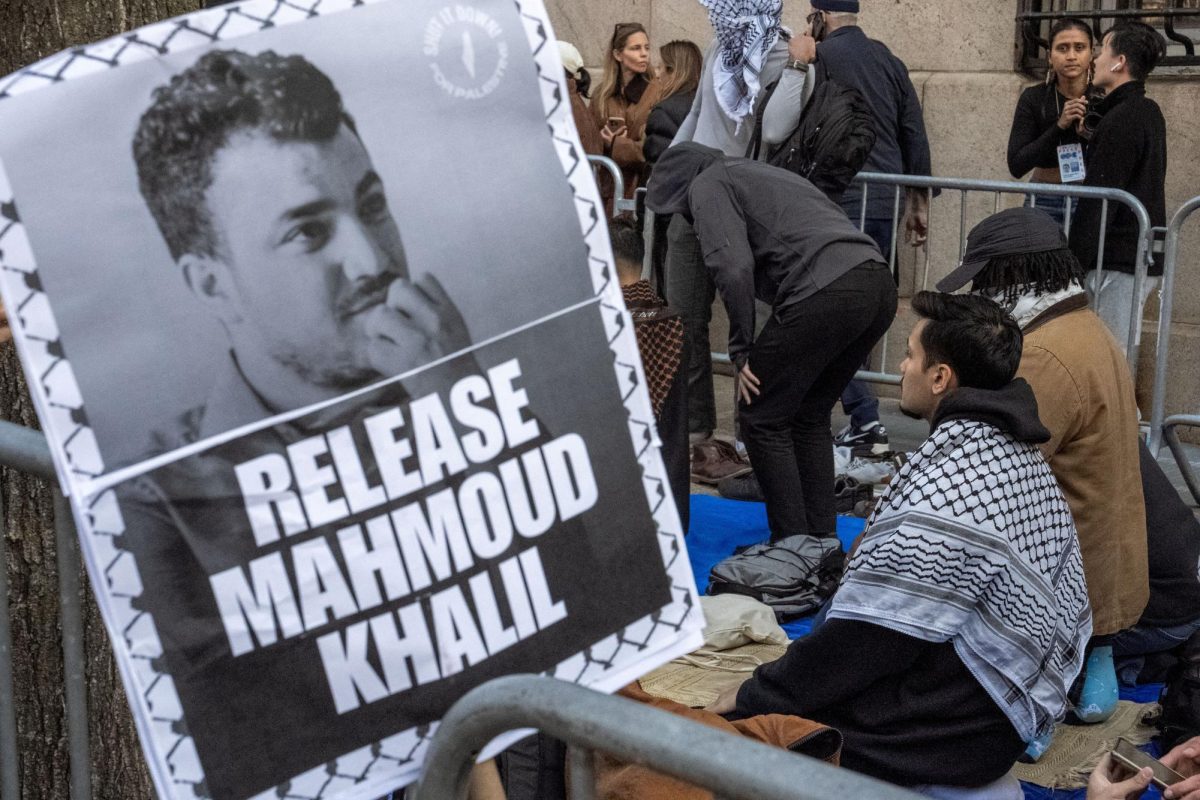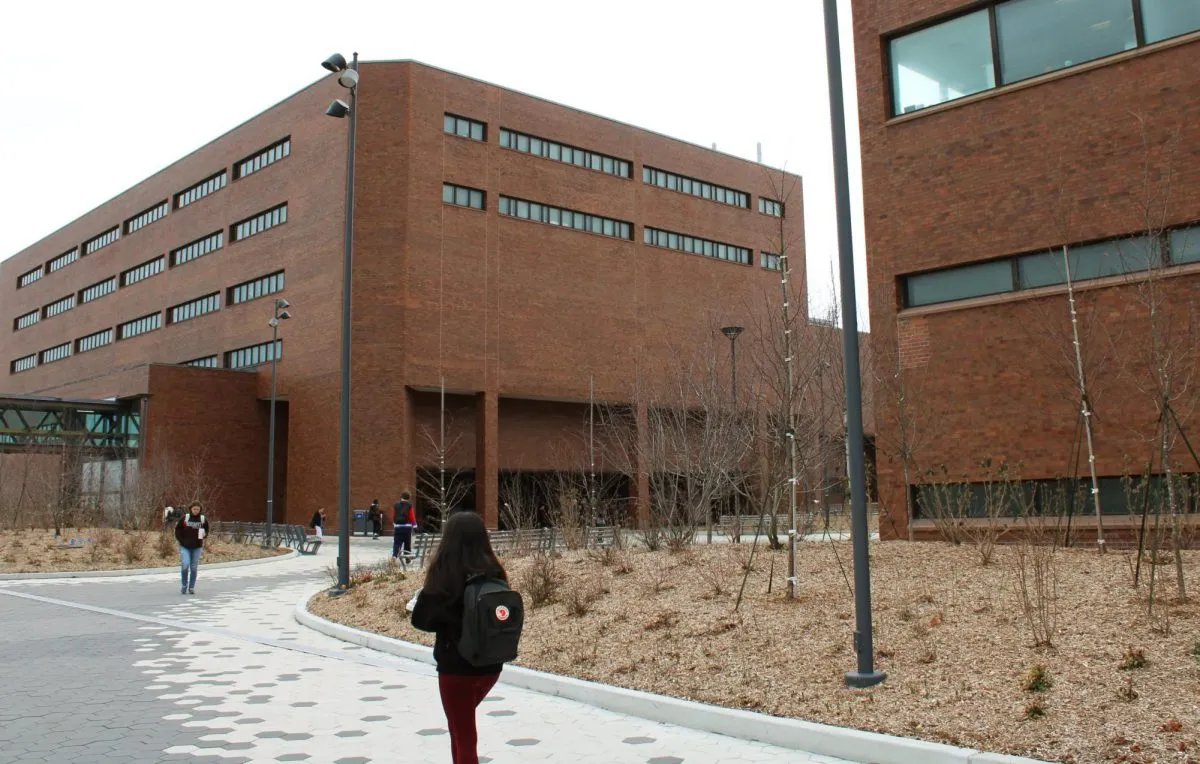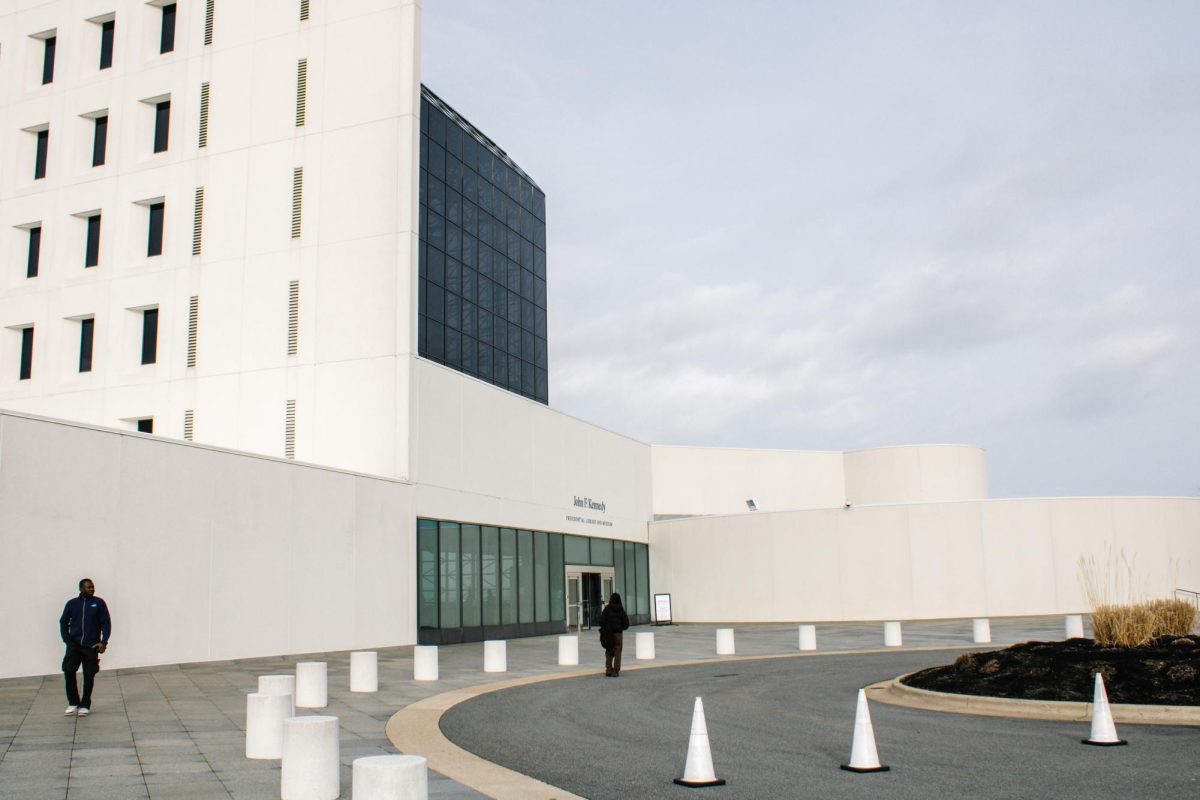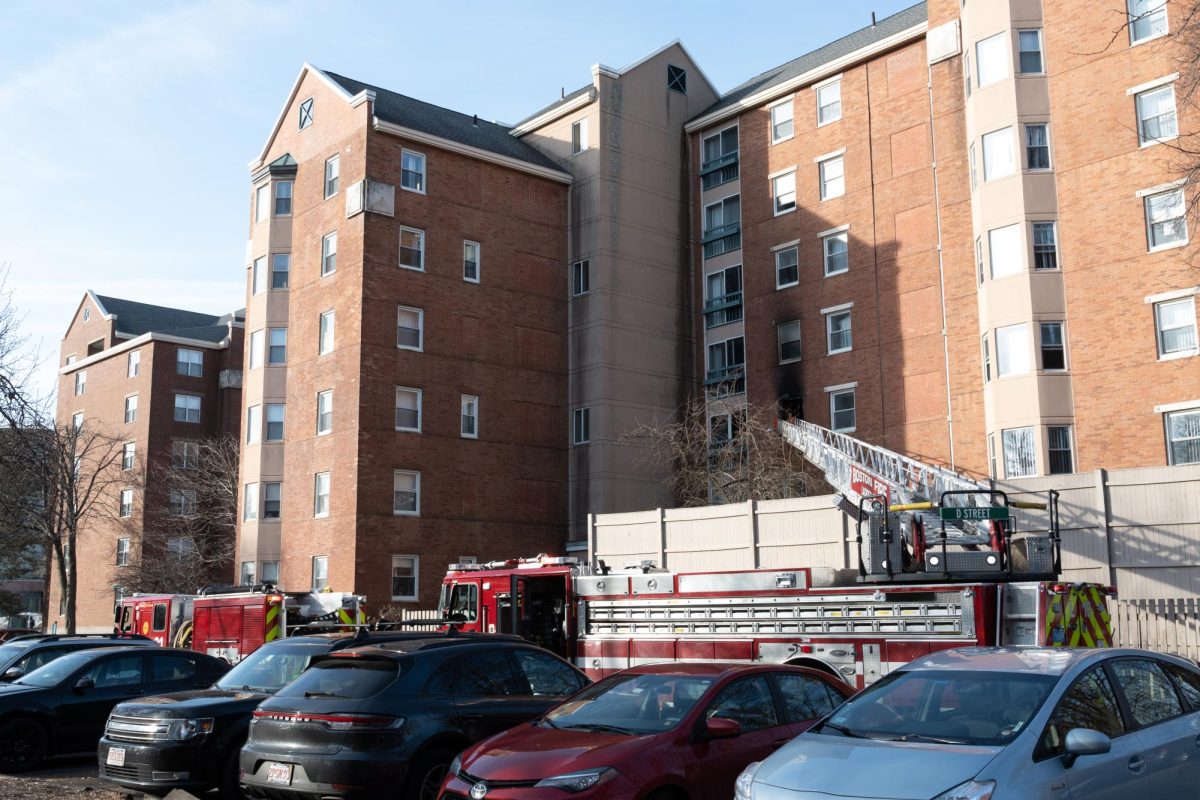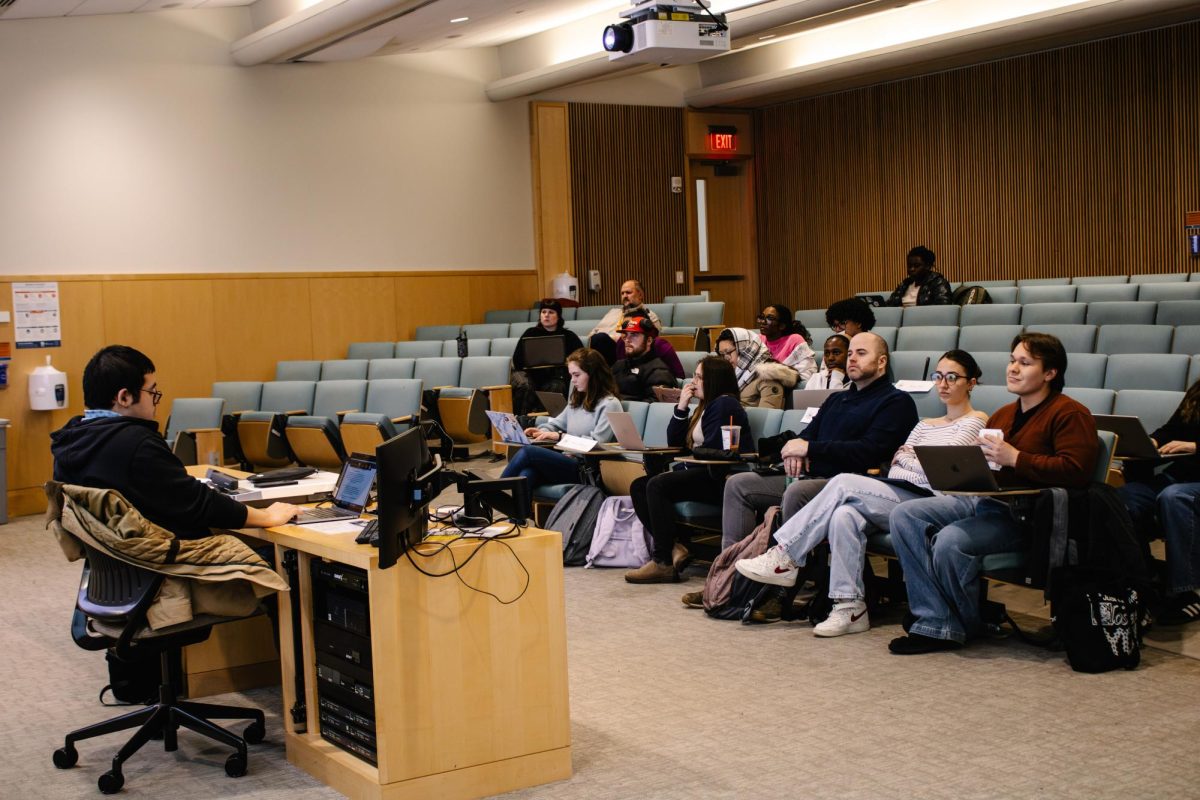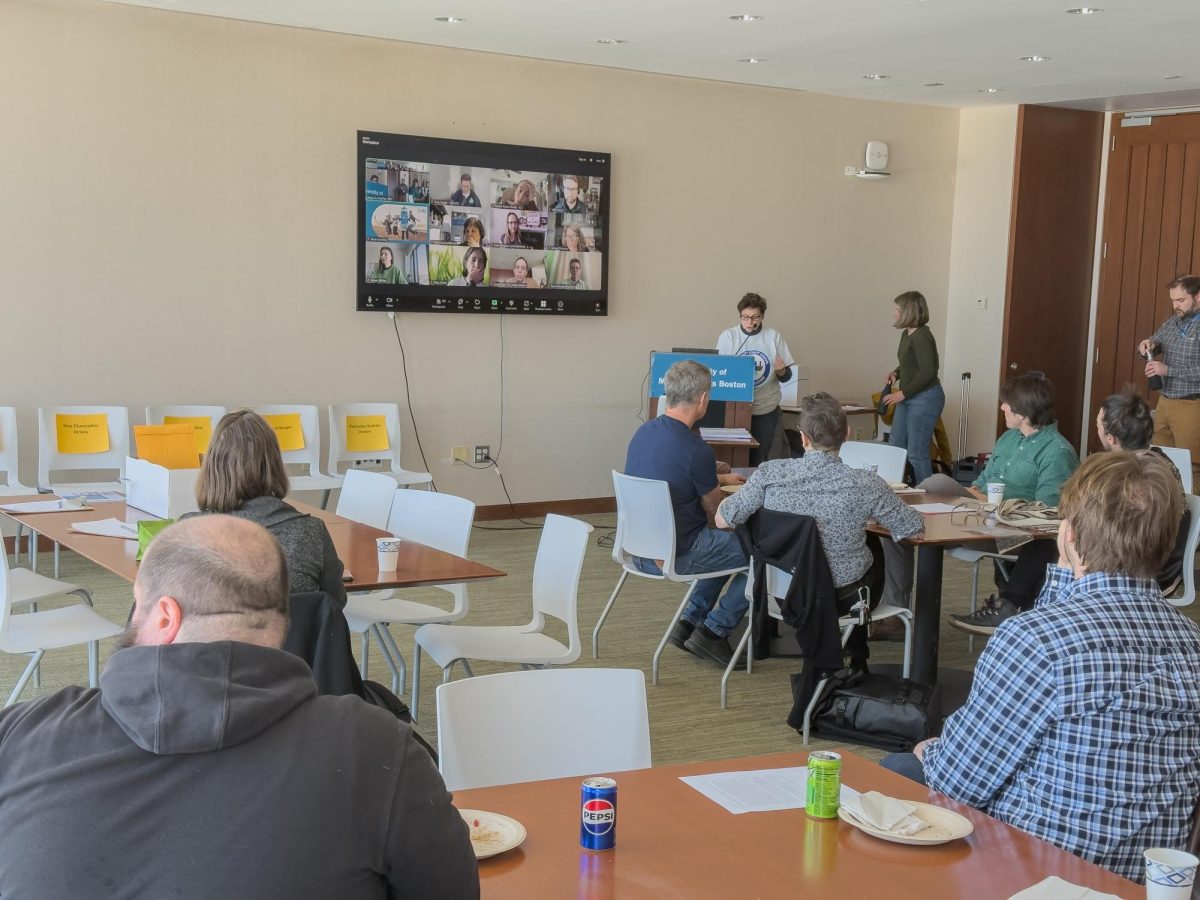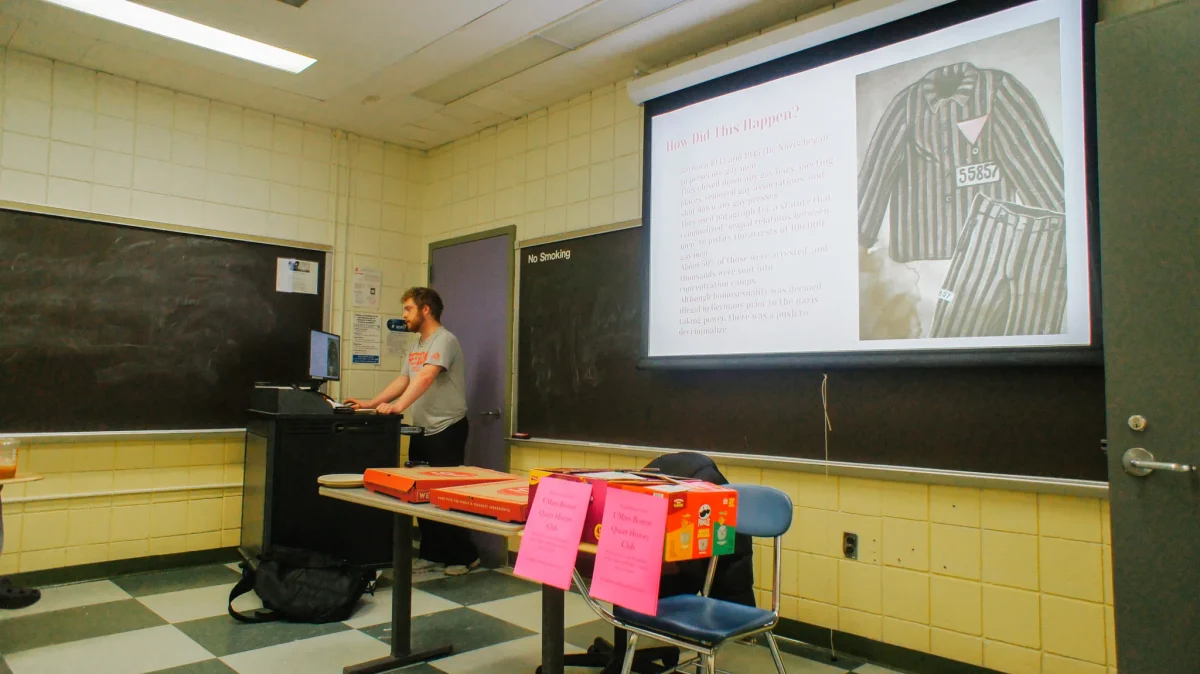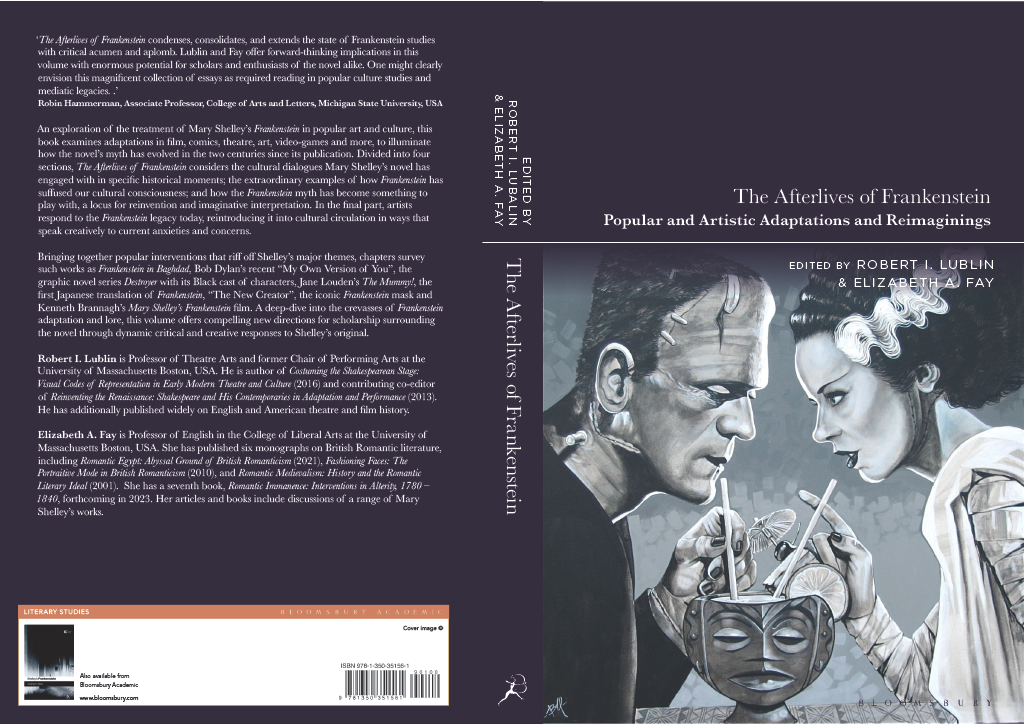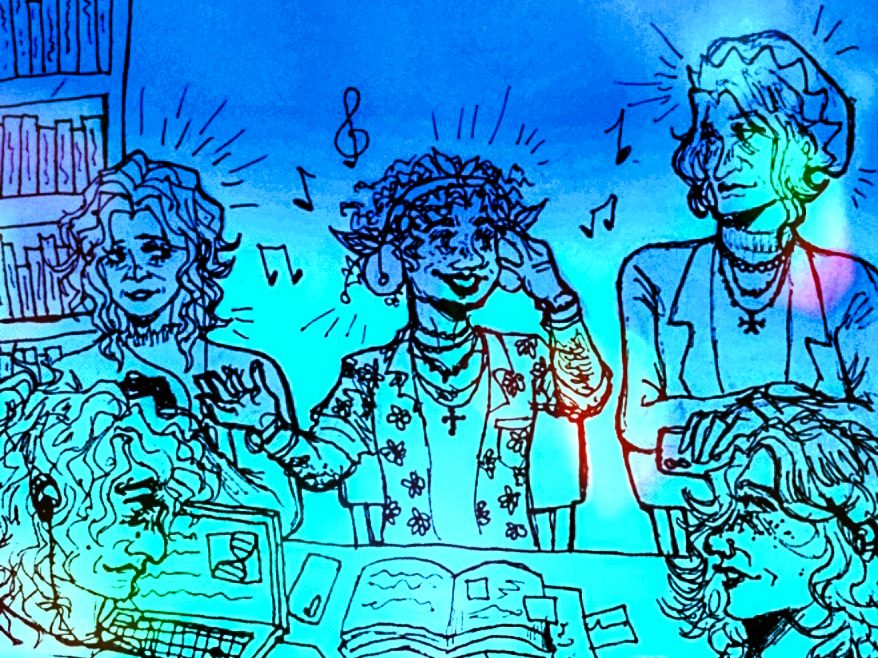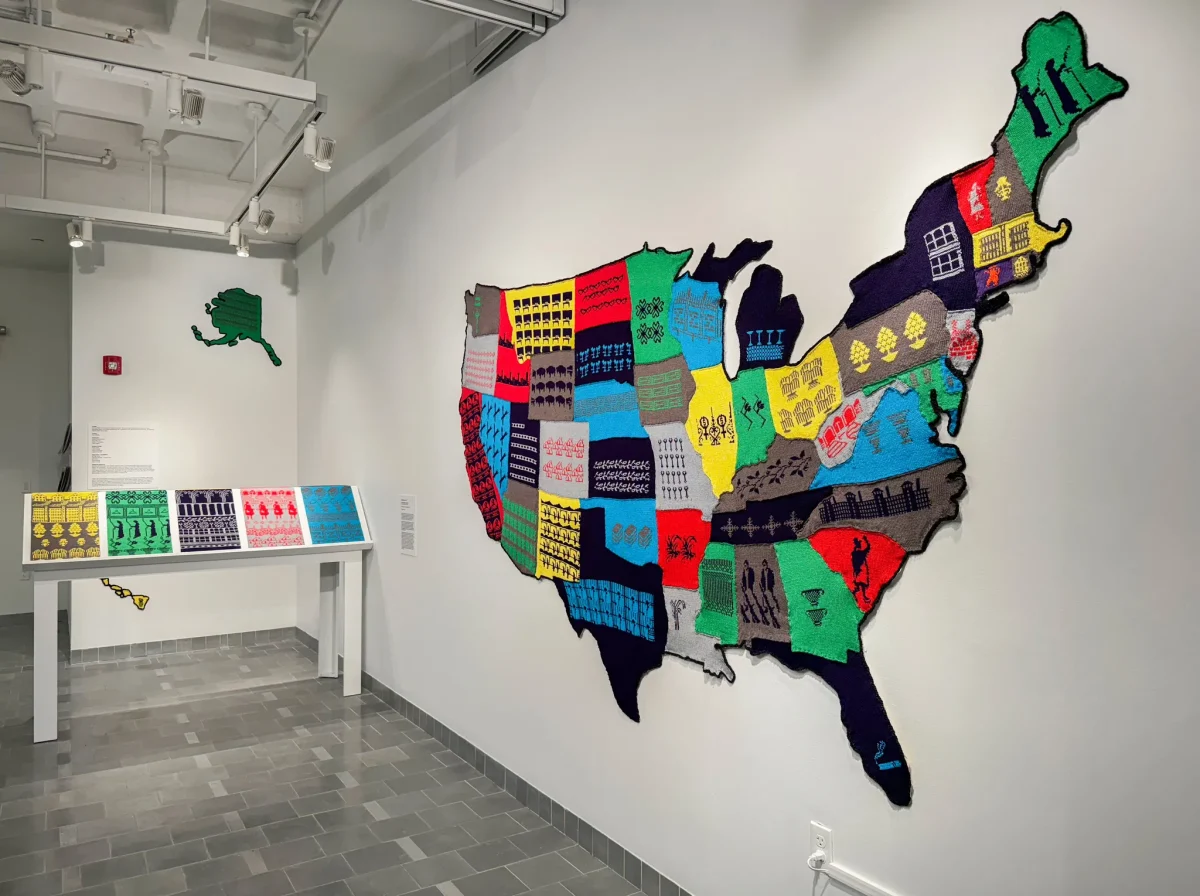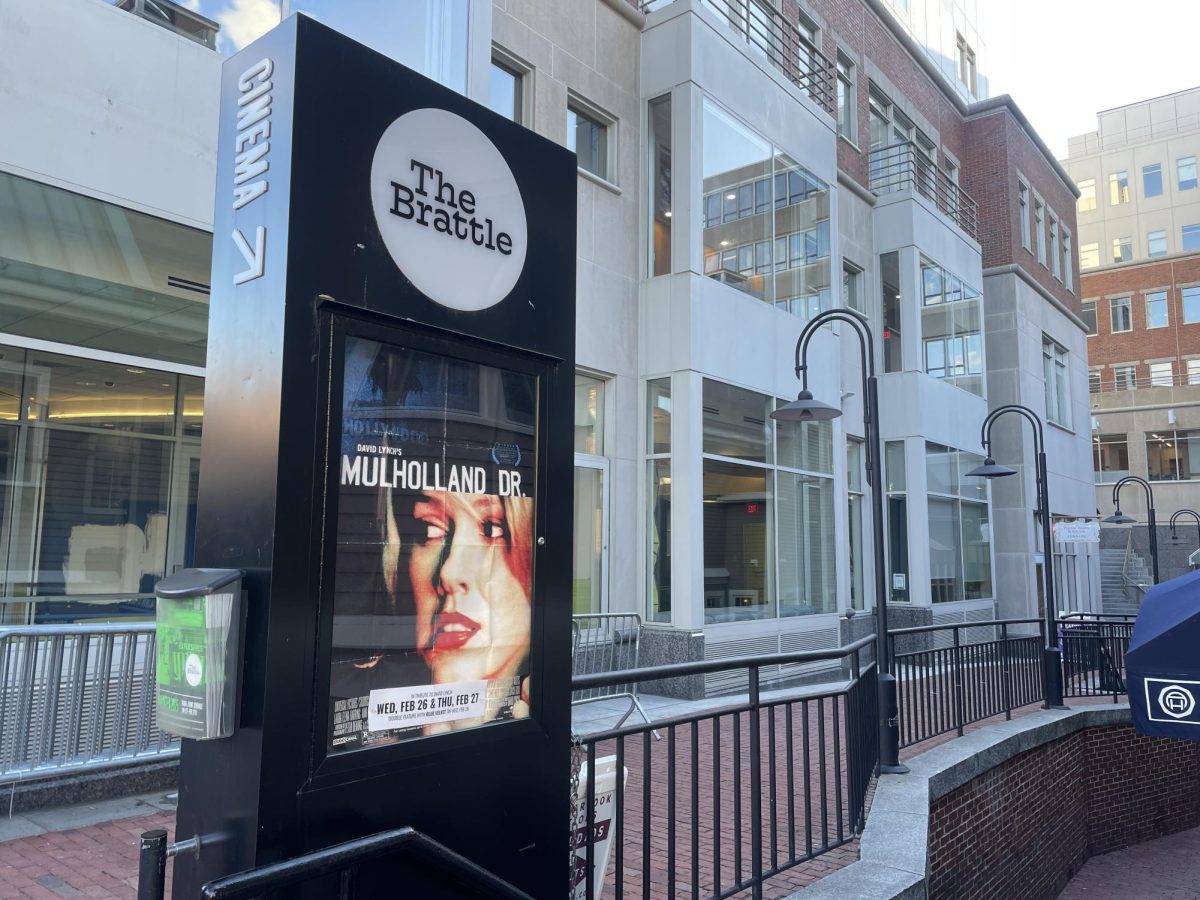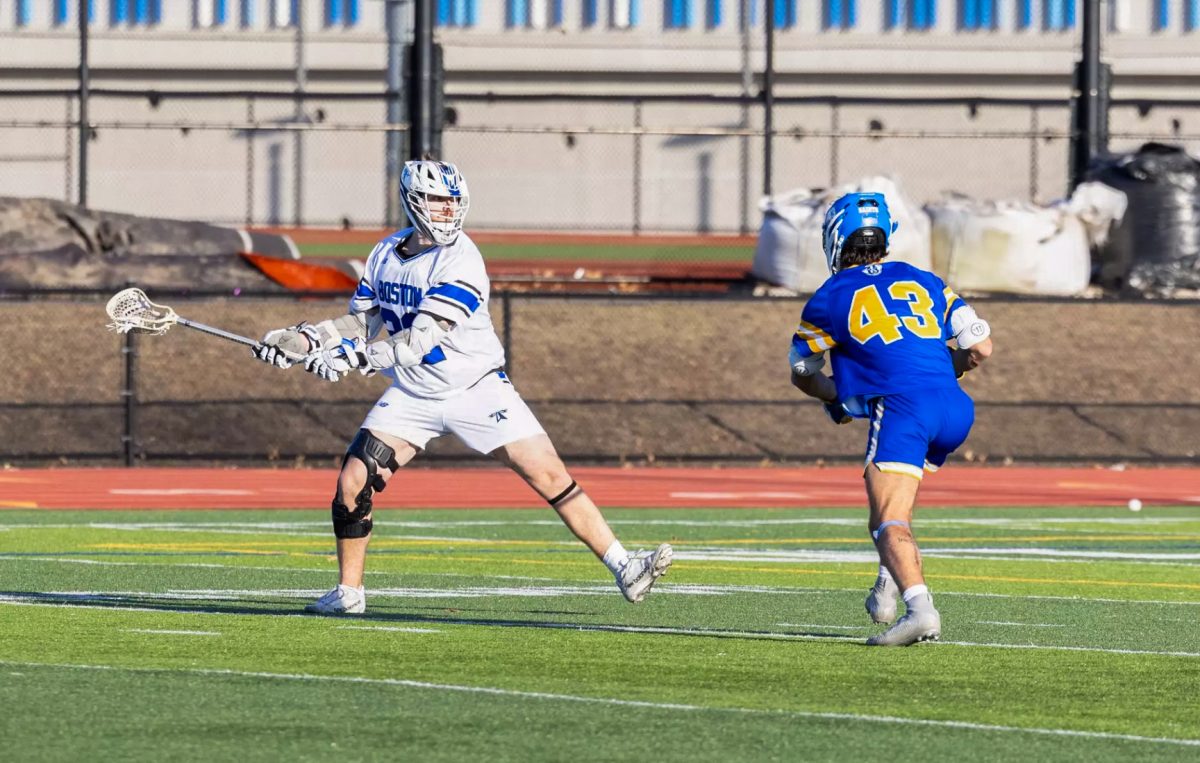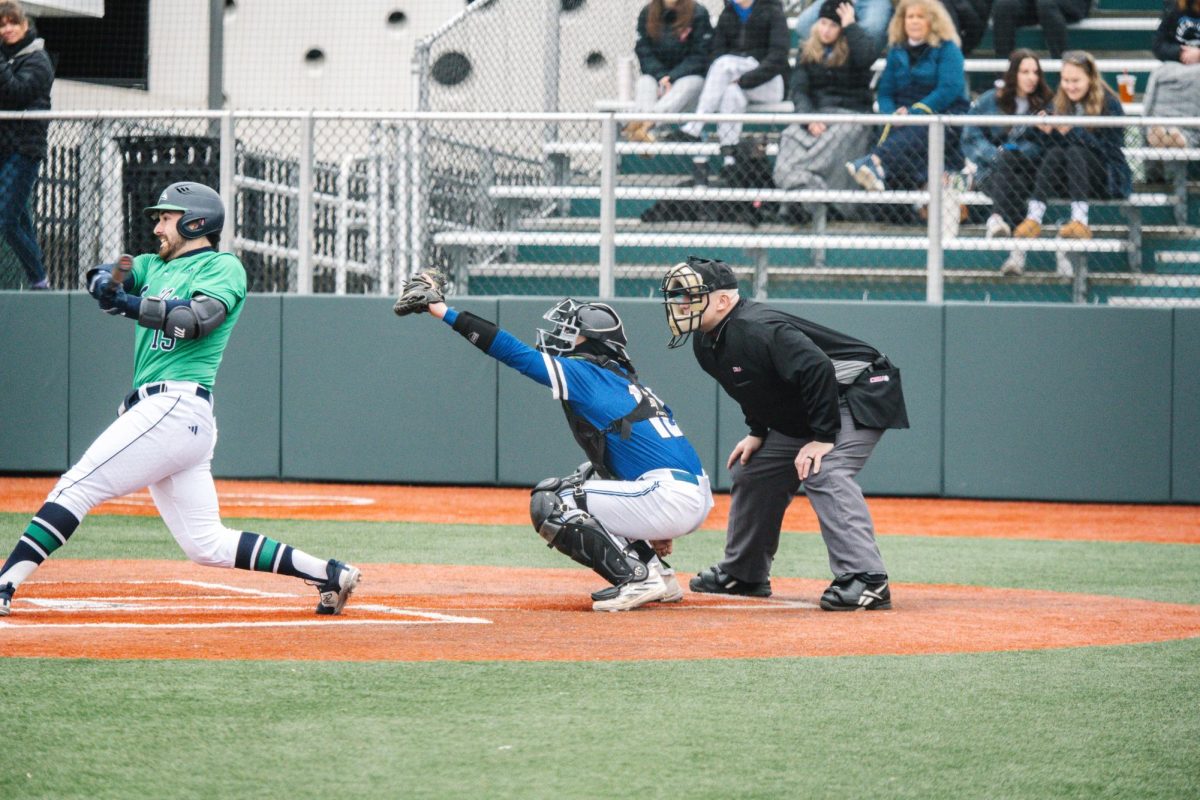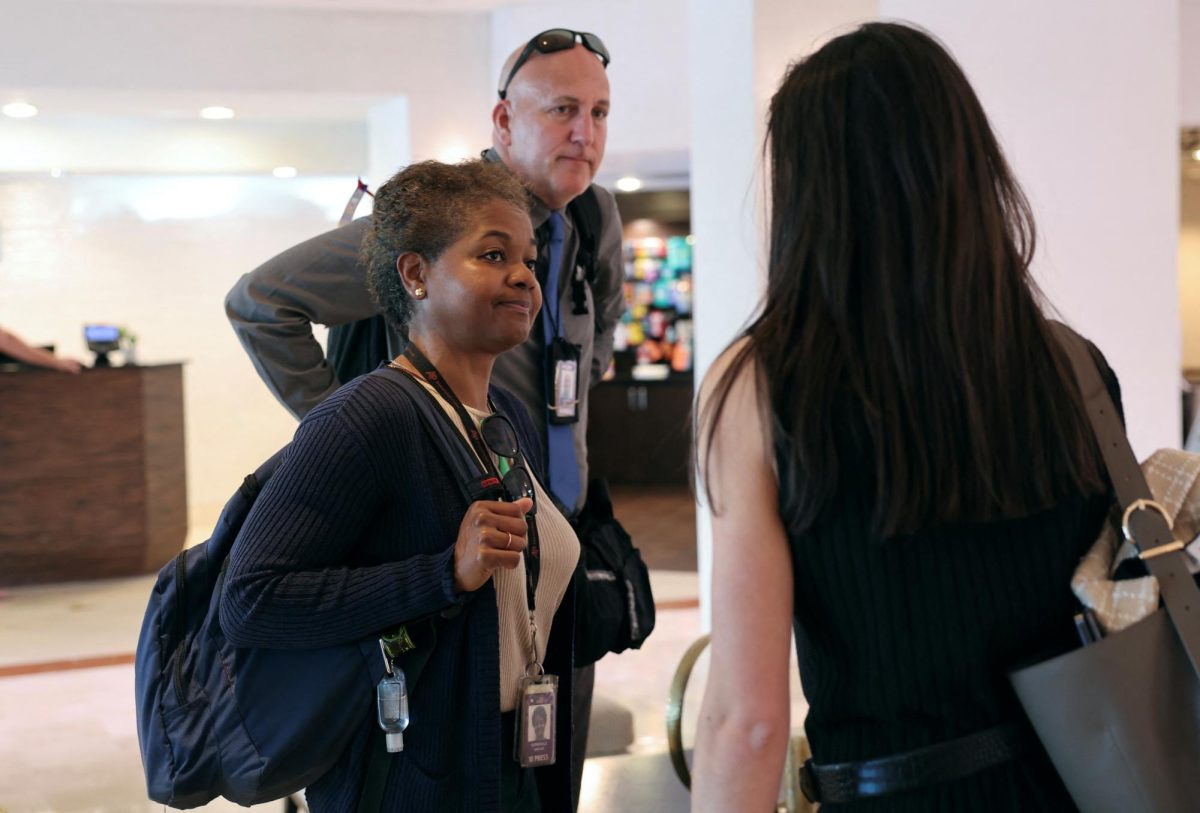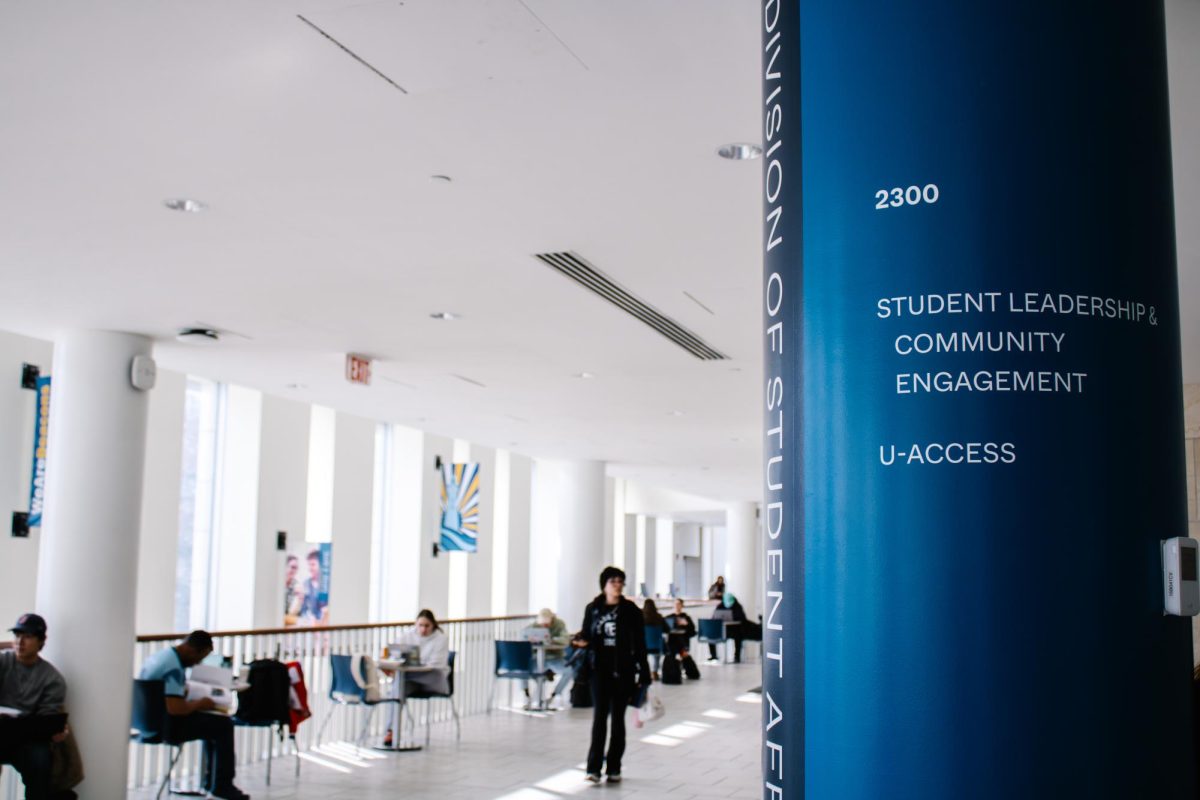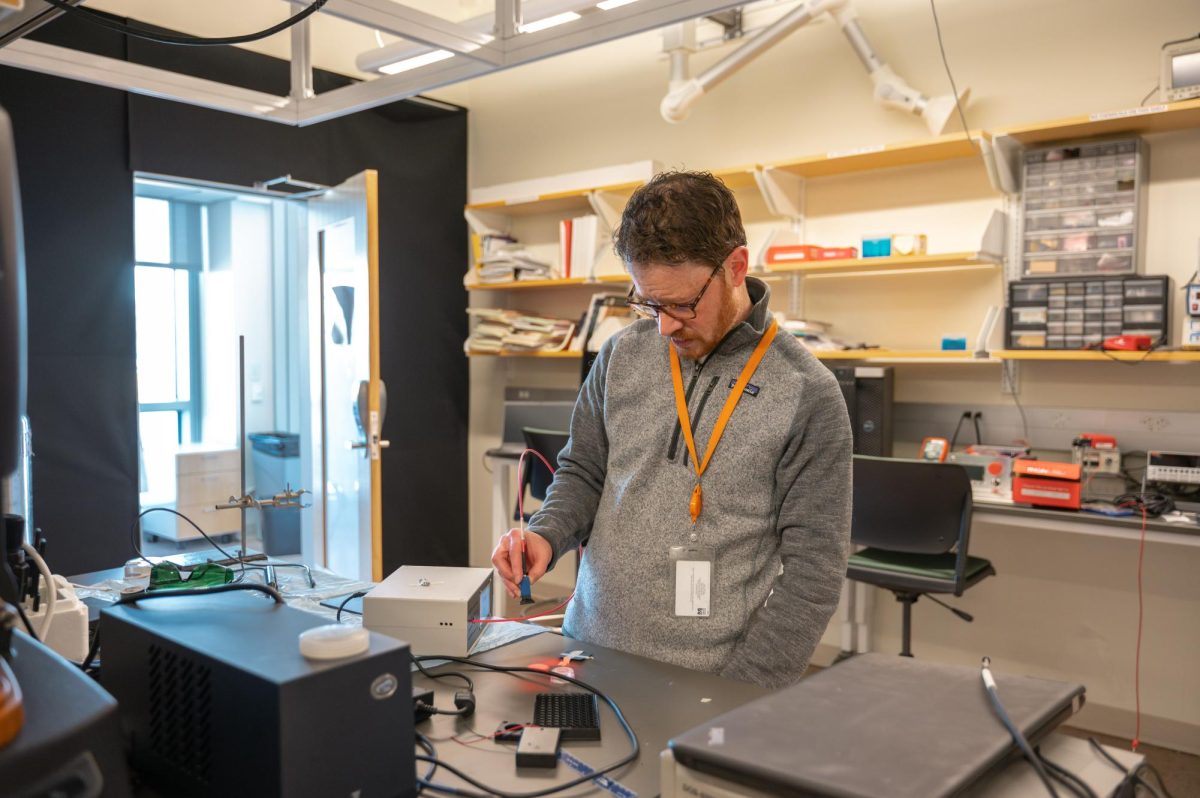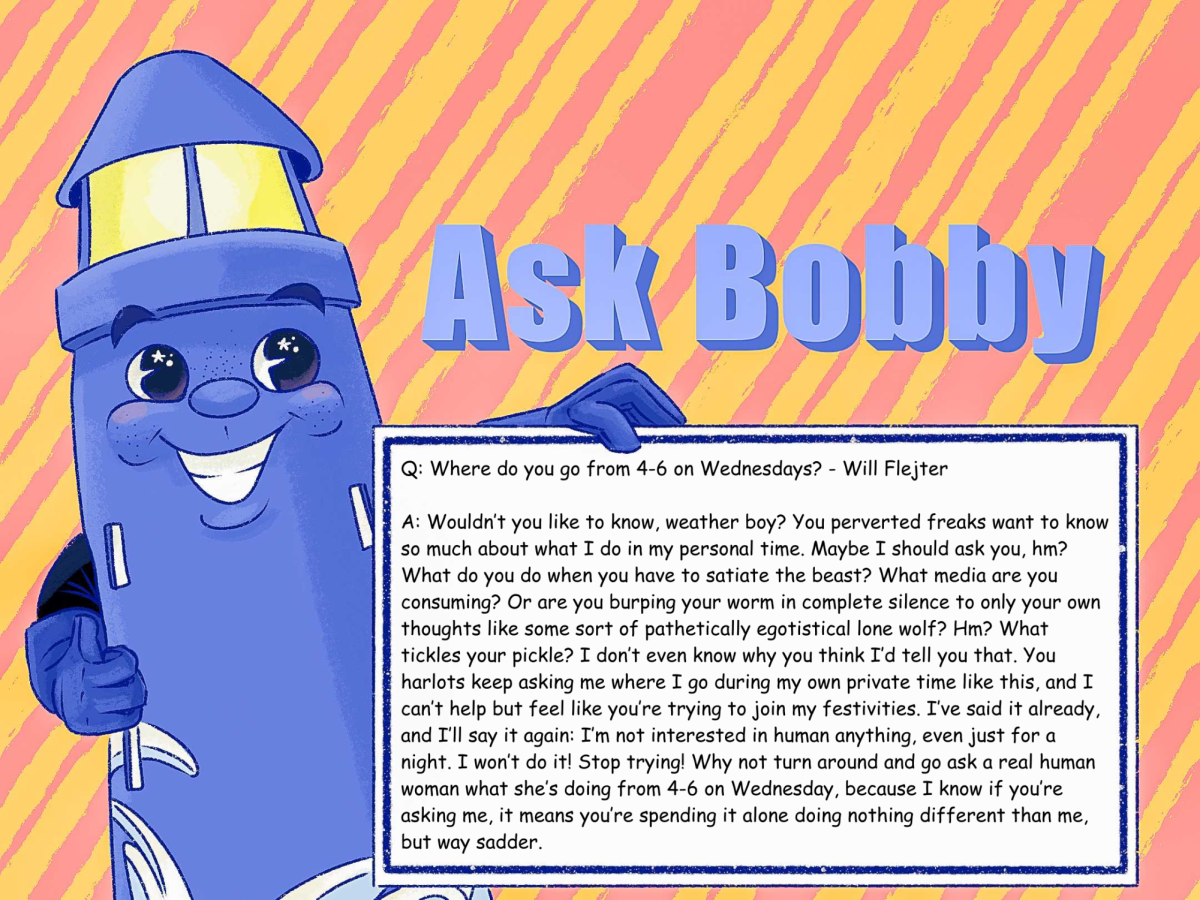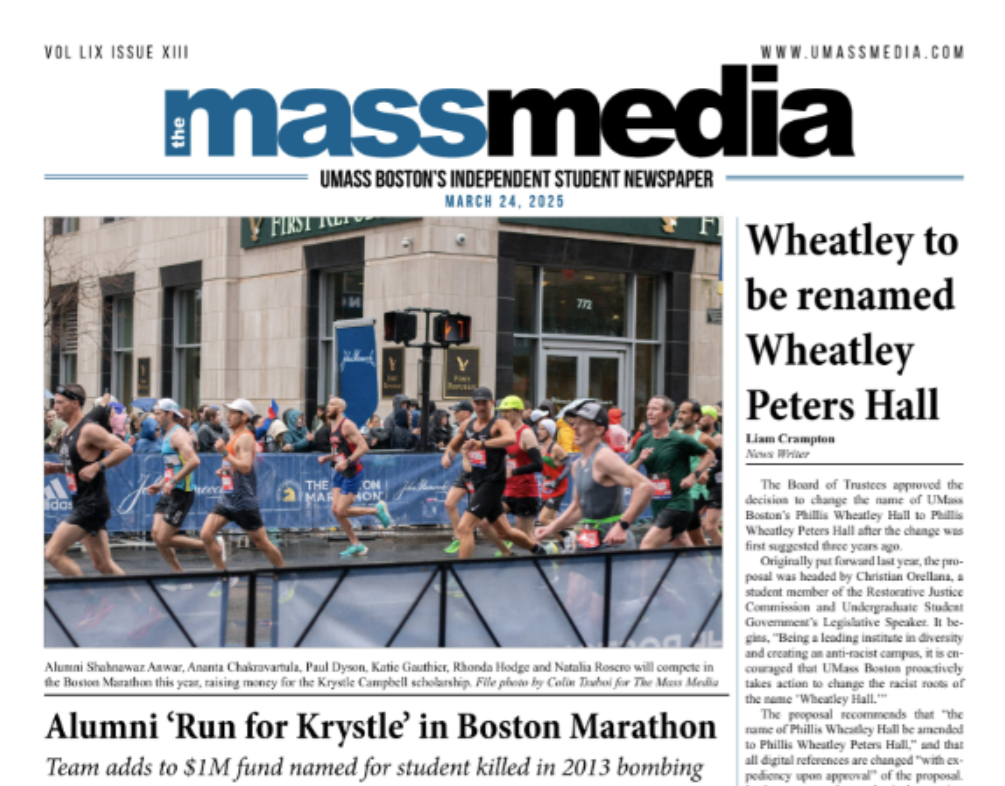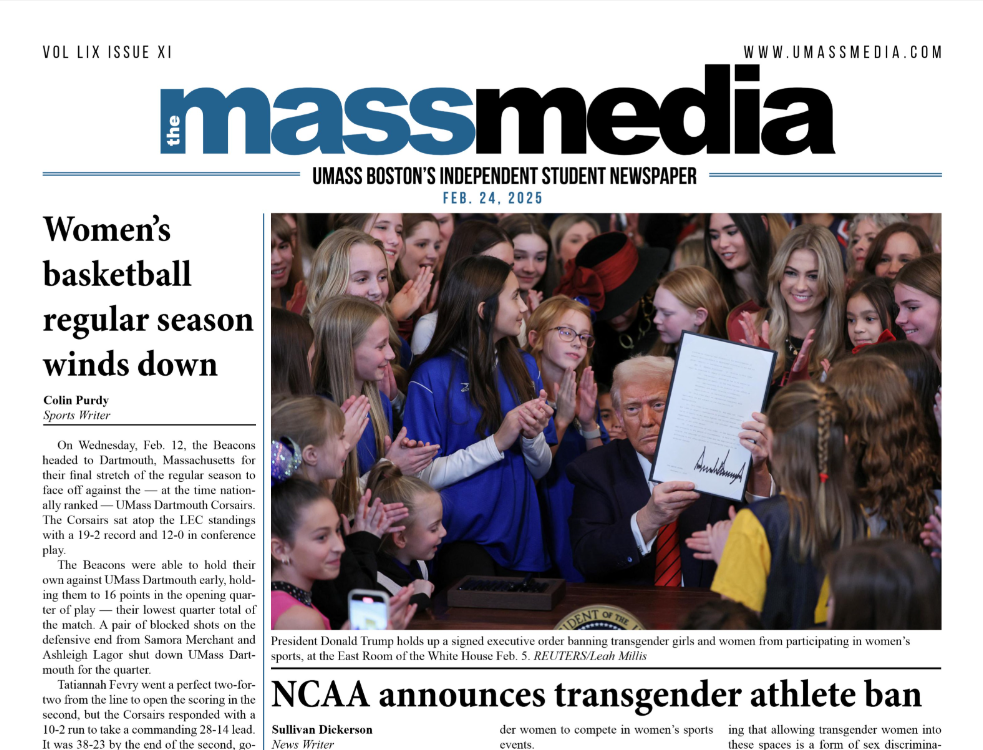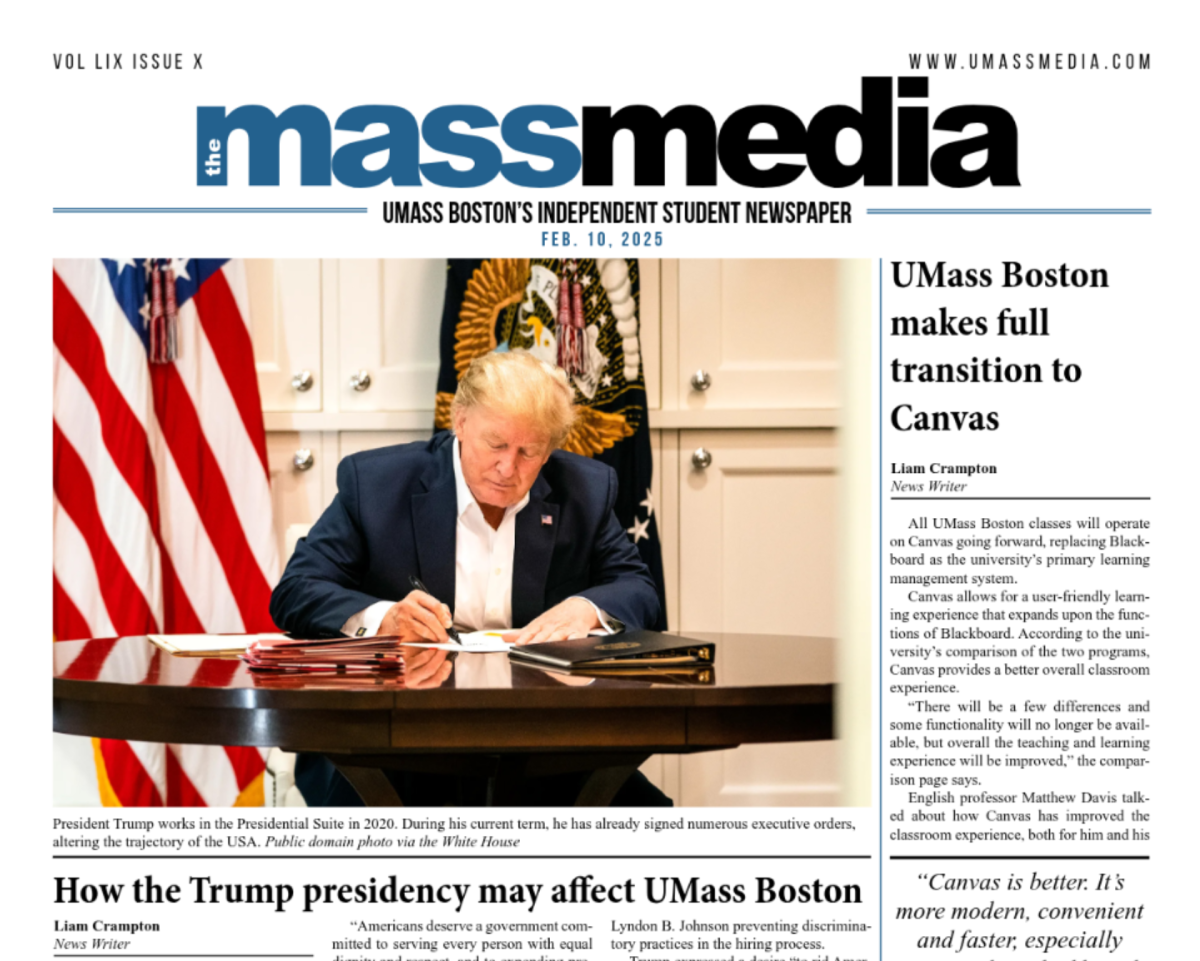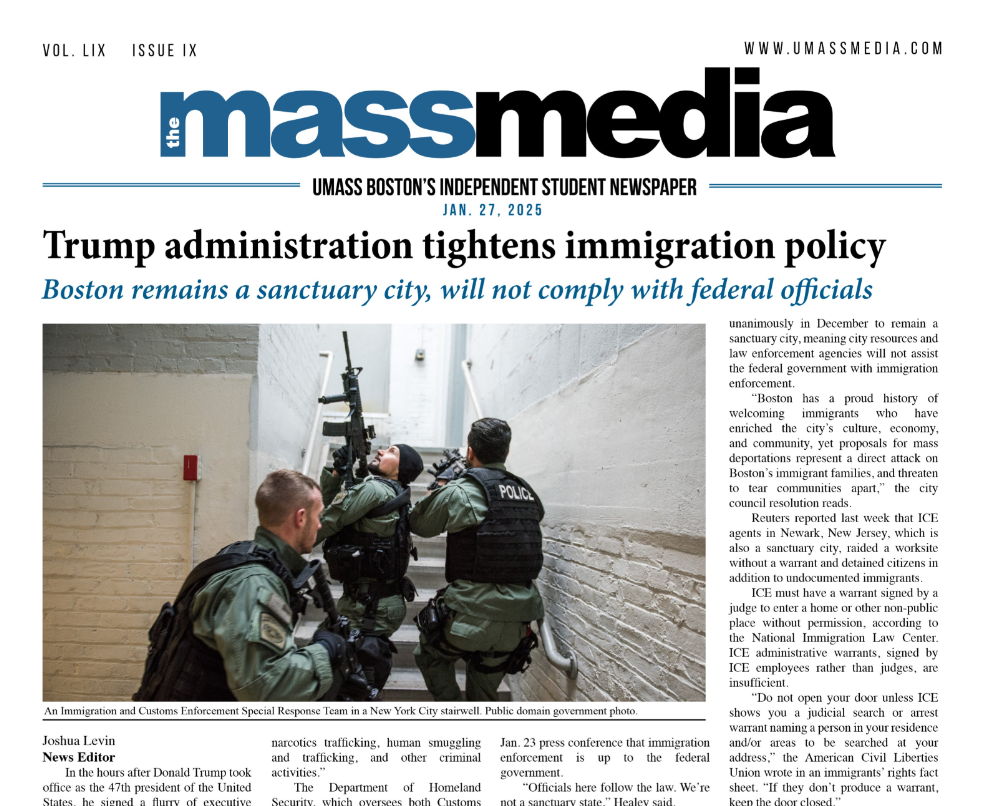UMB “Cyberstalker” Sentenced
March 13, 2002
Former UMass Boston undergraduate Beng Ky, dubbed the “cyberstalker” because of his use of computers to harass a female UMB student during the fall of 1999, was sentenced to three years probation in the Dorchester District Court on March 6 after pleading guilty to a number of charges involving computer fraud.
The 26-year-old Ky, who has been expelled from the university, must also undergo mandatory mental health counseling and is barred from having any contact with the 20-year old woman he was convicted of harassing.
Ky was arrested by UMB campus police on January 7, 2000, on misdemeanor charges of identity fraud, trespassing by computer, and fraudulently obtaining computer services. At the time of his arrest, Ky reportedly admitted to using the victim’s ID number to withdraw her from all her classes, altering her university computer records, opening an Internet account through Digital Broadband Communications in her nephew’s name, and attempting to receive credit cards in the victim’s name at his home address in Malden, Massachusetts.
Problems between the two students began when Ky met the woman in an anthropology class at the beginning of the fall 1999 semester. He reportedly approached her a number of times on campus and at the JFK MBTA station. Despite the fact that the victim told Ky she wasn’t interested in pursuing a relationship and repeatedly declined his advances, he persisted, calling her repeatedly on the telephone and slipping her notes. The frightened woman brought the matter to the attention of UMB Public Safety in late October and Ky was admonished by then Assistant Dean of Students Adrian Haugabrook to “leave the woman alone.”
At one point, Ky followed her into the UMB Language Lab and copied her student ID number after she had signed out a video. (Ky’s name appears twice on video sign-out sheets just after the victim’s name.) According to Suffolk Assistant District Attorney Nancy Hathaway, Ky was able to obtain the woman’s Personal Identification Number (PIN) in order to access her internal UMass Boston computer account.
The case then took a bizarre turn when a co-worker of the victim’s father at the Malden Post Office spotted credit cards being sent to the man’s daughter at an unfamiliar address and asked him if his daughter had moved. When informed that this was not her current address, the two notified the United States Postal Inspectors and the Malden Police department. UMB Public Safety was notified and a fraud investigation was launched – resulting in Ky’s eventual arrest.
Ky pleaded innocent and was held on $5,000 cash bail. A police source noted at the time that “the bail is unusually high for someone who has no previous criminal record and faces misdemeanor charges.” The source went on to explain that Ky’s arrest came days after a highly publicized incident involving an individual making Internet death threats against Boston Mayor Tom Menino and other city officials; the judge “may have been trying to send a message.”
Ky’s arrest also apparently sent a message to administration officials at UMB regarding the issue of policies and procedures on how students provide information and the mandatory use of social security numbers as student ID numbers. Shortly after the incident, UMB Provost Charles Cnudde formed an ad hoc committee charged with working out a policy “to further protect the security of student identification numbers.”
On November 1, 2000, the committee determined that it was feasible to enact a policy to change the way we deal with student identification numbers. “We want to protect the security of student ID numbers so that it’s not possible to use that number to access everything filed under a student’s Social Security number,” explained Cnudde, who stepped down as provost in August of 2001.
The new policy gave each student a choice between using their old, social security number-based student ID number or using a new number based on a computer-generated identification number for university purposes only.

